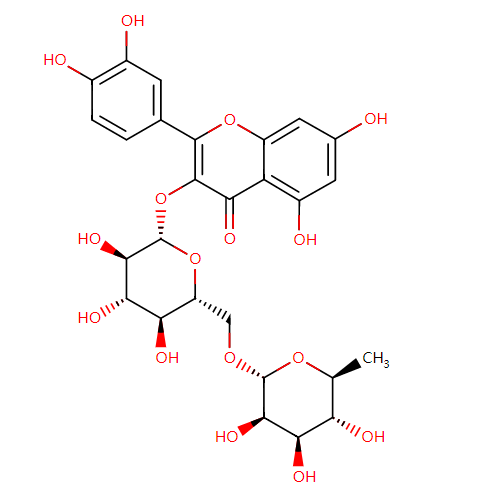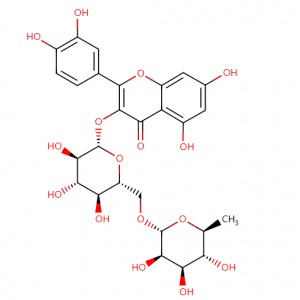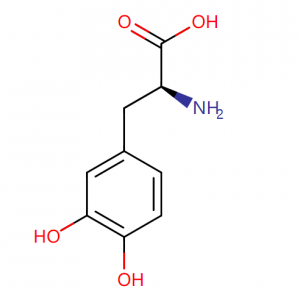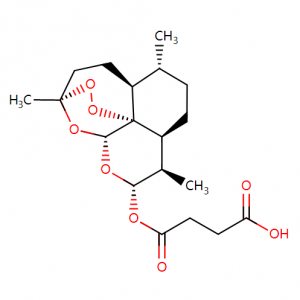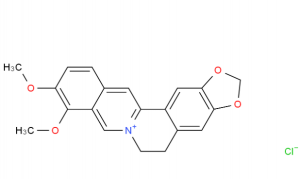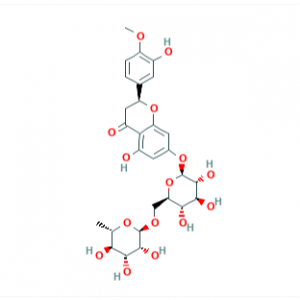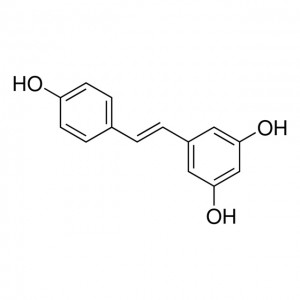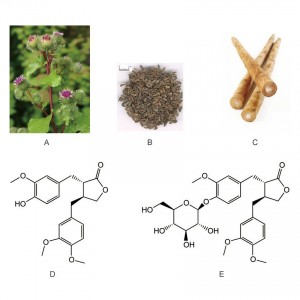CAS number: 153 -18 -4
Latin name: Sophora japonica L
Part used: flower
Appearance: light yellow and greenish powder
Molecular Formula:C27H30O16
Molecular Weight: 610.5
Test method: UV
Specification: NF11, rutin95%
What is rutin?
Rutin is a bioflavonoid, or plant pigment, that is found in certain vegetables and fruits. Apples are full of rutin. Buckwheat, most citrus, figs, and both black and green tea also contain rutin.
Rutin has powerful antioxidant properties. It also helps your body produce collagen and use vitamin C. You can add rutin to your diet by eating foods that contain it or taking it in supplement form.
Traditionally, rutin has long been used to aid circulation. It’s thought that rutin can help strengthen and increase flexibility in blood vessels, such as your arteries and capillaries.
Research shows that rutin can prevent the formation of blood clots in certain animals. This suggests rutin may reduce the risk of blood clots. Preventing blood clots can help lower your chances of developing life-threatening conditions such as:
1. heart attacks
2. stroke
3. pulmonary embolisms
4.deep vein thrombosis
There’s sufficient evidence that rutin can help lower LDL cholesterol. In one study, people with diabetes who had a history of hypertension were given 500 milligrams (mg) of rutin once a day.
One of rutin’s common uses is to ease arthritis pain. A studyTrusted Source found that it aided in suppressing oxidative stress in people with arthritis. This may be due to rutin’s strong anti-inflammatory and antioxidant properties. There’s also evidence that rutin improves knee function in some who have arthritis.
Product packing: 25kg/drum
Validity period: 2 years
